Here are my most recent posts:

Foods that Support Healthy and Vibrant Skin
November 1st, 2013Over 43 billion dollars are spent each year on skin care in the United States. While people are willing to spend time and money on topical treatments, they often undo that good with nutrition that is not skin-friendly. These simple food choices will help make your skin healthier from the inside out.
Show Me More »
Diabetes: Preventing the Most Preventable Disease
November is National Diabetes Awareness Month. The occurrence of Type 2 diabetes has reached epidemic proportions in the United States. By following this simple plan you can prevent becoming a casualty of this chronic, debilitating disease.
Show Me More »
The Baby Weight Wars
October 17th, 2013How much weight you gain during pregnancy matters – your health, your child’s growth and development and your ability to return to a healthy, pre-pregnancy weight depend on when, how much and how fast it happens.
Show Me More »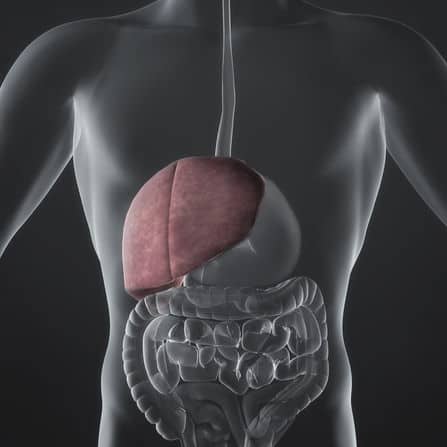
Getting To Know Your Liver
October 16th, 2013“Is life worth living? It all depends on the liver.” ~William James (American Philosopher)
Show Me More »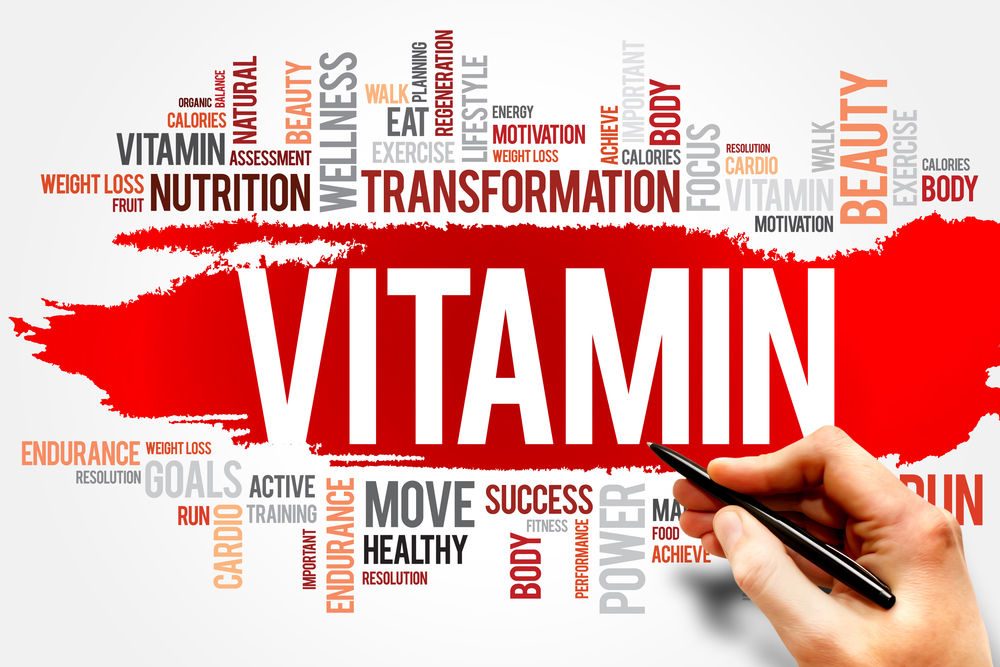
How to Protect Yourself Against Oxidative Stress
October 11th, 2013The toxic environment of modern day living can create stress beyond that which can be managed by the human body. Use these nutrients provided by nature to protect your health and stay younger longer.
Show Me More »
Nature’s Perfect Food – The Whole Egg
September 27th, 2013Emerging research is confirming what we should have understood all along about the much-maligned egg yolk – it’s good for you. Eat up!
Show Me More »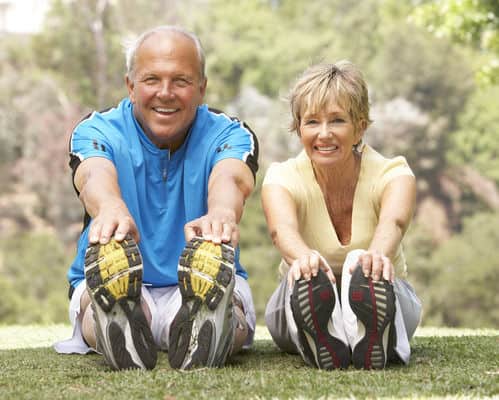
When Are You Too Old to Exercise?
September 11th, 2013For many years conventional wisdom said that as we age we hit a point where exercise is no longer safe or effective, and there will come a time when we should give it up. When researchers put this postulate to the test, the results were unexpected.
Show Me More »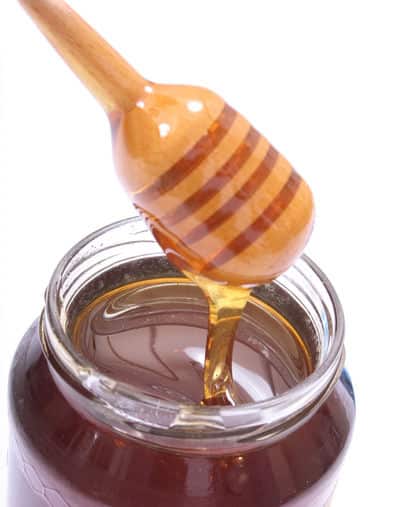
Natural Medicine: Healing with Honey
September 6th, 2013Ancient cultures used this natural sweetener as a treatment for many common ailments. More than a few studies show results that support the use of honey as a very real, effective medicine.
Show Me More »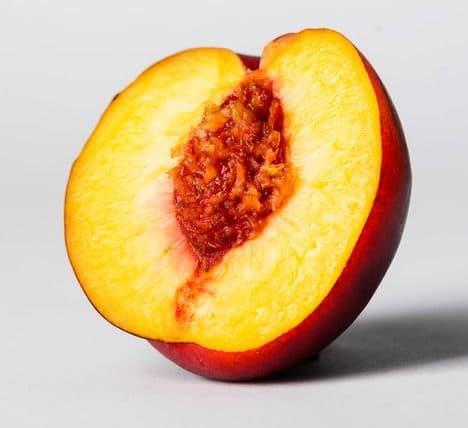
Natural Medicine: Eat a Peach
August 21st, 2013On the list of degenerative diseases, metabolic syndrome ranks very high for its destructive capabilities. Emerging research shows how, once again, nature provides the best medicine. I give you. . .the Peach.
Show Me More »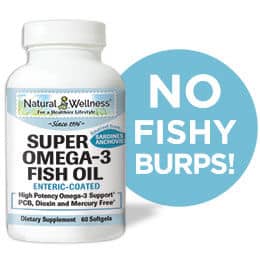
Something Fishy at The National Cancer Institute
August 14th, 2013A research article recently published in the Journal of the National Cancer Institute drew conclusions that sparked a media frenzy, loudly proclaiming that fish oil supplementation increased prostate cancer risk. A closer look at this research incites a very different conclusion.
Show Me More »